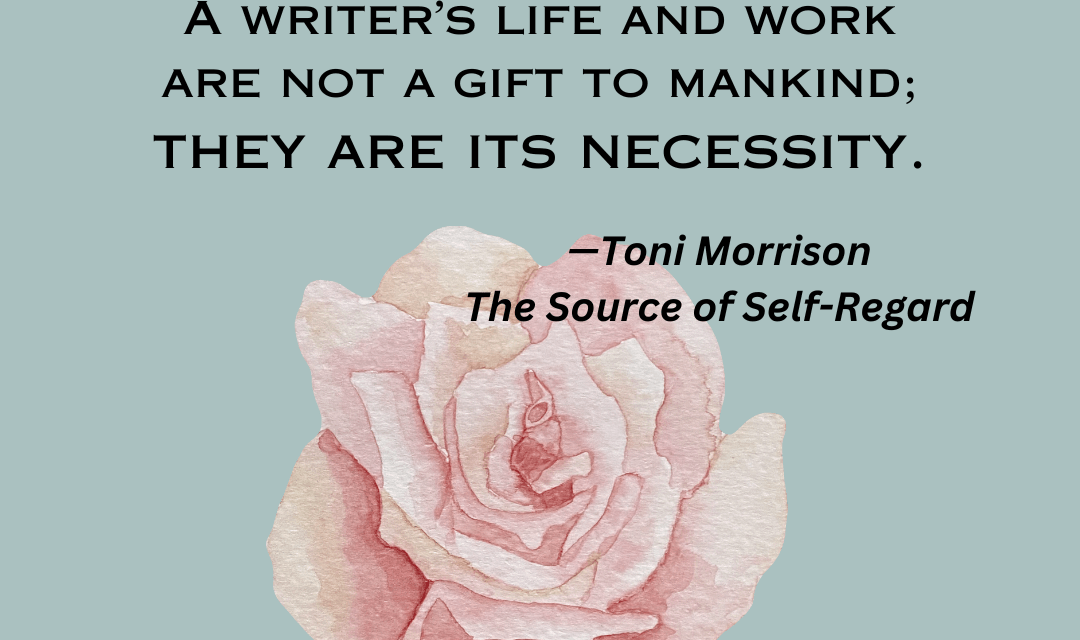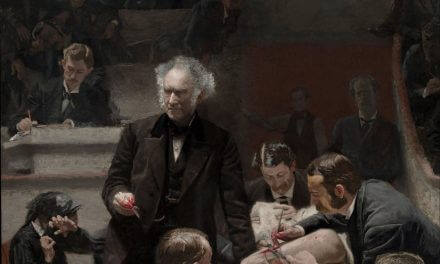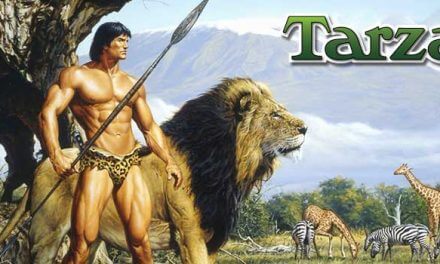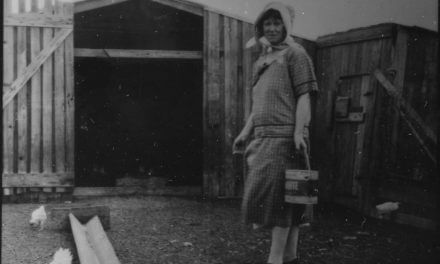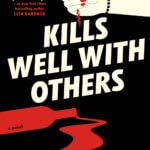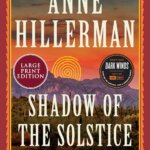Someone who follows my Facebook page recently reacted to my posting of a Trump for Leavenworth meme and advised me that writers should stay out of politics. I am sorry, but I thoroughly disagreed. My two novels, Hunting the Devil and A Different Kind of Fire (soon to be renamed Passion & Paint) while not overtly political, look at women’s rights, LGBTQ+ rights, human rights, world politics, and genocide.
Off the top of my head, I can think twenty-one authors (listed below) who took it upon themselves to comment on politics and seek reform. I don’t claim to be in the same league as these men and women, I just want to go on record as saying that writers and other artists have a duty to record abuses, comment on atrocities, delve into politics, advocate for the oppressed, and share those views and their individual beliefs with the world.
- Annie Besant: She advocated for a free and independent India, writing about the oppressive, regressive policies Britain maintained toward their colonies in the name of acquiring wealth. Her goal was to produce employment, provide better living conditions, and education for the poor. She fought for the freedom of thought, secularism, women’s rights, birth control, and workers’ rights in the late 19th century.
- Amartya Kumar Sen: He is an Indian philosopher, political author and economist who has written about social choice theory, economics, and economic and social justice. In addition, he has written about public health, decision theory, and measures of the well-being of countries. He won the Noble Prize for Economics.
- John Steinbeck: An American author and the winner of the Nobel Prize in Literature, John Steinbeck is known his social perception. His works explore the concepts of fate and injustice, especially of the downtrodden and the poor. His book, The Grapes of Wrath, won the Pulitzer Prize in 1939. It looks at the Great Depression and the millions of people who poured out of the Dust Bowl looking for a better life and documents the horrific conditions the migrant workers endured.
- Plato: He innovated the dialectic forms and written dialogue in philosophy, raising questions that later gave rise to practical and theoretical philosophy. The Republic, his most famous work, outlines his political thinking and looks at the meaning of justice and wonders whether a just man could be happier than an unjust man. Existing regimes are discussed at length as well as proposing a utopian city-state.
- Charles Dickens: His book, Oliver Twist, narrates the life of a mistreated child who joins a gang of thieves. The British upper classes had no idea of the living conditions of London’s poor, and Dicken slams them in the face with reality. He looks at the victimization of children, the poor law system, and Victorian workhouse, which operated with a system of prolonged hunger, physical torture, humiliation and hypocrisy. Dickens’s works brought out much-needed change in society.
- George Orwell: Like Annie Besant, Orwell wrote about British policies in their colonies, particularly India, which exploited the people and natural resources of those countries. His books, 1984 and Animal Farm were written in response to the USSR and its draconian policies. These dystopic novels envision a future with no freedoms or rights and serve as reminders of the importance of freedom of speech and thought.
- Adam Smith: He is “The Father of Economics.” His book, The Wealth of Nations, is the first modern book of economics. In it he looks at topics such as the role of the free market and the laissez-faire structures though a mix of disciplines: philosophy, politics, history, anthropology, economics, and sociology. He redefined the role of the government, saying that the government was responsible for its people.
- Jean-Jacques Rousseau: He was a philosopher, writer, political author, and composer whose political philosophy influenced some aspects of the French Revolution. The development of modern political, educational and economic thought can be credited to him. The Social Contract and Discourse on Inequality are most well-known works. Social contract theory suggests that people live together in society and follow certain moral and political rules. He believed that if society lived by a social contract, it can be moral by choice and not because a superior being requires it. His Discourse on Inequality may be the best critique of modernity and traces the psychological effects of society on human nature.
- John Locke: He was a physician, philosopher, and political author and considered the “Father of Liberalism”. His works influenced the development of political philosophy and epistemology. His contributions to republicanism and liberal theory are seen in the United States Declaration of Independence. He argues that if a government fails to protect the rights of its people, such as life, liberty and property, it can be lawfully overthrown.
- Henry David Thoreau: He was a staunch abolitionist. His philosophy, as explained in Civil Disobedience, influenced the political thoughts and actions of many. In Walden, he reflects on simple living in natural surroundings with an emphasis on self-reliance. He argues that people should not permit governments to become agents of injustice and suggests individuals listen to their conscience. He proposed disobedience to an unjust state.
- Thomas Paine: He wrote Rights of Man in 1791. It rules as one of the finest statements to come out of the 18th century. His ideas were revolutionary and inspired people to move toward democracy and gave birth first to the American Revolution and, later, the French Revolution.
- Upton Sinclair: He provided accurate journalistic details of the corruption and social hardships caused by big business in the United States. His book The Jungle was an exposé of the meatpacking industry, sparking a public uproar about the hygienic conditions in food processing industry. The American government couldn’t ignore the outcry. As a result , the Meat Inspection Act and Pure Food and Drug Act came into effect.
- Charles Darwin: He was a naturalist, geologist, political author, and biologist, best known for his work and contributions to evolutionary biology. His book, On the Origin of Species, changed the political, cultural, and religious views of society. His theory of evolution caused an academic revolution but is now widely accepted.
- Betty Friedan: She is credited with using in the second wave of feminism in America. She sought to bring women into equal partnership with men. Her book, The Feminine Mystique, shattered the image of the perfect woman, in particular the housewife, urged women to become educated, and to use their talents to do more with their lives.
- Harriet Beecher Stowe: When Abraham Lincoln first met Harriet Beecher in 1862, he said, “So you are the woman who wrote the book that started this great war.” So her mighty words in Uncle Tom’s Cabin were part of the movement that freed American slaves.
- Noam Chomsky: He is the founder of modern linguistics and one of the world’s best intellectuals and has influenced a vast array of academic fields. He is famous for his staunch anti-war position and is critical of the U.S.’s foreign policy, capitalism, involvement in the Israeli–Palestinian conflict. His book, Deterring Democracy, is about the United States playing the role of global police after World War II and its desire to remain a dominant world power more than promulgating democracy.
- Elie Weisel: He is a Holocaust survivor who spent much of his life speaking on the Holocaust and human rights. He advocated for victims of oppression in places like the Soviet Union, Sudan, the Kurds, the Armenian Genocide. He won the Nobel Peace Prize.
- Roméo Dallaire: He was the commander of the United Nations forces in Rwanda during the genocide in 1994. Since then he has lived with PTSD while advocating against genocide, for human rights, for children’s rights, and for the abolishment of child soldiers. His book, Shake Hands with the Devil, documents his struggles and the nation of Rwanda’s struggles during the genocide.
- Thomas Hobbes: He was a 16th century English philosopher whose book, Leviathan, looks at social contract theory and societal breakdown. A polymath, he wrote on history, law, geometry, ethics, theology, the state of nature and the laws of nature.
- Aldous Huxley: He was nominated for the Nobel Prize in Literature nine times. A pacifist, he wrote Ends and Means which looks at war, inequality, religion, and ethics. He was a Hollywood screenwriter who spent much of his income bringing Jewish and left-wing writers from Hitler’s Germany to the U.S. His books, Brave New World and Island, look at dystopia and utopia respectively.
- Mary Wollstonecraft: She was an 18th century writer and philosopher who advocated strongly for women’s rights. Her book, A Vindication of the Rights of Women, argued that women were not inherently inferior to men but appeared to be solely because of their lack of education. She felt men and women should be treated as rational beings and envisioned a social order founded on reason.
